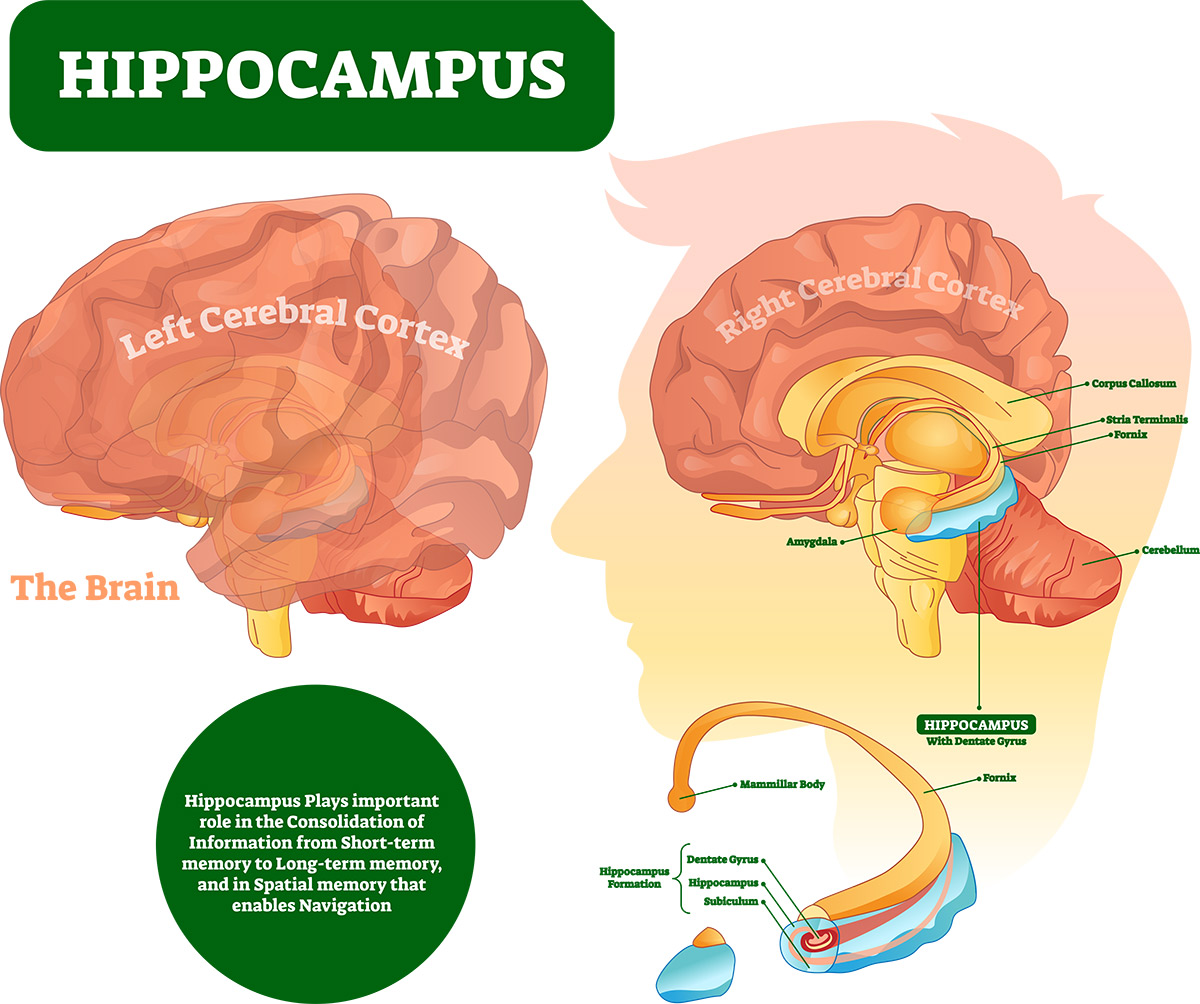Is There a Link Between Diet Coke and Dementia?

Is there a link between Diet Coke and Dementia?
Diet sodas hit the market as the “healthy” alternative to sugar-loaded soda, but in the last decade, they’ve been the subject of intense scrutiny, with studies suggesting sugar substitutes like aspartame (the artificial sugar found in most diet soda) could be equally bad or worse for your health than regular sugar. And this scrutiny is not only centered around weight gain and heart health. Diet soda has also been linked to cognitive decline.
Dementia’s effect on the eyes is not broadly understood and is often overlooked by caregivers who can confuse eyesight problems with other symptoms of dementia. In addition, recent studies have shown that deterioration in the eyes could be an early indicator of dementia and Alzheimer’s for those who haven’t been diagnosed and are in the early stages of the disease. Understanding the link between the eyes and dementia can help caregivers, researchers and doctors know how to better treat and diagnose Alzheimer’s and other forms of dementia.
The study that linked Diet Coke with dementia
The main study cited that links diet soda with dementia is a study from 2017 led by Matthew Pase of the Boston University School of Medicine. The study followed more than 4,000 individuals for ten years and found that those who drank one or more artificially sweetened drinks per day were three times more likely to have a stroke or develop dementia than those who drank less than one artificially sweetened drink per week.
These are significant findings that are still cited today, but they do not prove causation. Diet Coke will not cause you to have a stroke or dementia one day. There is simply a correlation between regular consumption of this type of beverage and an increased risk for stroke and dementia.
Why does diet soda increase the risk of dementia?
Researchers have a couple of working theories that explain why artificial sweeteners may have an adverse effect on the brain:
The Link Between Sugar and Dementia
While artificial sweeteners have been linked to an increased risk of stroke and dementia, sugar—the real sweetener—has also been linked to dementia, especially when you consider its connection to diabetes.
Glucose is our brain’s main source of energy, explains Shannon Macauley, an assistant professor of gerontology and geriatric medicine. When the brain doesn’t have adequate access to glucose, which happens in someone with diabetes, it can’t function properly. On the other hand, when there is too much glucose circulating in the blood it can cause “rapid production of beta-amyloid, proteins that clump together to form amyloid plaques in the brain.” These plaques are a hallmark of Alzheimer’s disease.
Blood sugar levels can also have an effect on someone’s risk of developing dementia. High blood sugar can cause inflammation, which is known to increase someone’s chances of developing cognitive decline. Low blood sugar, on the other hand, can damage the hippocampus, which is the memory center of the brain.
How to Decrease Your Risk for Developing Dementia
If you want to decrease your risk of developing dementia, you can’t simply give up diet soda or sugar. You must look at your health holistically. Experts recommend the following interventions.
1. Participate in cognitive training.
Cognitive training includes exercises that challenge your problem-solving, memory and speed of processing skills. These exercises do not include computer-based brain games, which do not have a link to reduced risk of cognitive decline. These exercises are more complicated and in-depth, requiring medical supervision.
2. Manage high blood pressure.
Controlling high blood pressure in midlife is linked to helping prevent dementia later in life.
High blood pressure can have negative effects on the brain and heart and can lead to vascular dementia, the second most common type of dementia that is caused by restricted blood flow in the brain.
You can manage high blood pressure through medication, diet and exercise, but early intervention is the key.
3. Prioritize physical activity.
Regular, moderate-intensity exercise has a strong connection to reducing your risk of developing dementia.
Physical activity increases blood flow to the brain as well as increasing chemicals that protect the brain. When you exercise, you get a boost of the BDNF protein which helps promote the growth of new neurons. This is especially helpful for the hippocampus.

4. Sleep
Sleep hygiene is good for body and mind and getting enough sleep is crucial to your overall health. Make sure you are getting at least seven to eight hours of sleep per night.
5. Reduce your alcohol consumption
Consuming too much alcohol can worsen preexisting conditions such as diabetes, memory loss and high blood pressure. Reducing your alcohol intake to the recommended amount (two drinks per day for men and one for women) can reduce your risk of dementia.
6. Stay socially connected.
Isolation and loneliness have been linked to a higher risk for Alzheimer’s disease. By staying connected to your friends, family or community, you can better your mental health and help prevent severe cognitive decline.
7. Eat a healthy diet.
Researchers are still determining how strong the link is between diet and dementia, but there seems to be evidence that eating a healthy diet, such as the Mediterranean diet that emphasizes fruits, vegetables, whole grains, legumes, fish and healthy fats could be related to a healthier brain. The MIND diet (Mediterranean-Intervention for Neurodegenerative Delay) focuses on plant-based foods and has been shown to lower blood pressure, which, as we mentioned above, is a risk factor for Alzheimer’s.
8. Care for your mental health.
Depression has been linked to Alzheimer’s. Whether or not depression can cause Alzheimer’s is unknown, but researchers speculate that depression could cause changes to the brain in some people that put them at higher risk for developing Alzheimer’s. Early intervention and treatment for depression or other mood disorders could help prevent dementia.
9. Quit smoking.
Tobacco use puts you at higher risk for stroke, heart attack and lung disease. Quitting smoking at any age can help reduce your risk of developing these diseases that have been linked to Alzheimer’s.
In summary, Diet Coke does not cause dementia, but consuming too much of it could increase your risk. In addition to dropping a few diet sodas per week, focus on your overall physical and mental health. This will give you the greatest chance at reducing your risk of developing cognitive decline later in life.





